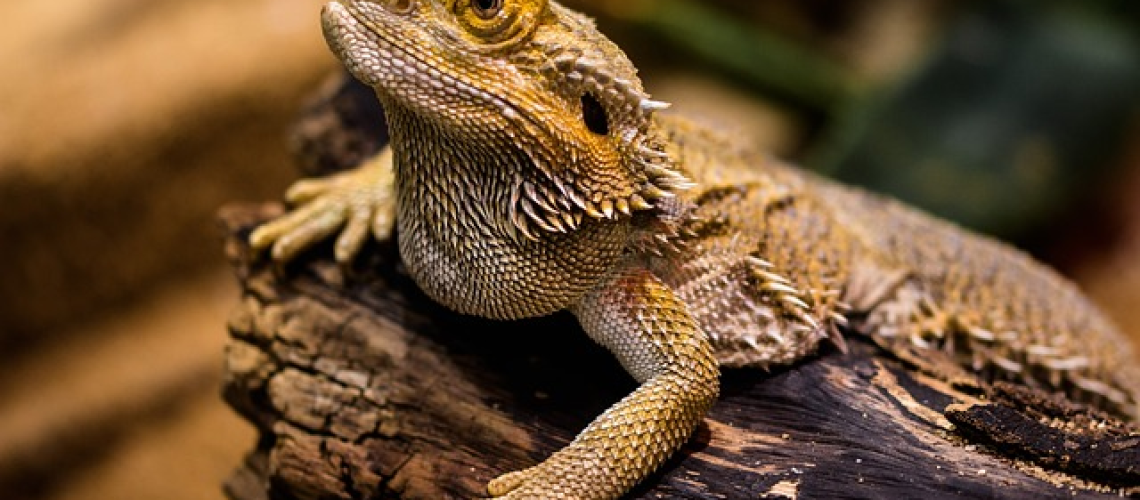Do you have a pet bearded dragon? If so, it’s important to know how to handle and care for them properly.
Bearded dragons can bite if they feel threatened or uncomfortable. Learn why they may bite, what to do when it happens, and how to prevent bites from happening in the first place.
It’s essential that you understand the risks of owning a bearded dragon and take proactive steps to ensure their safety and yours.
Key Takeaways
- Bearded dragon bites can occur when they feel threatened or stressed.
- Bites can be caused by factors such as improper housing, lack of interaction, or sudden movements.
- Proper beard health and nutrition can play a role in preventing bites.
- Educating owners on proper handling techniques can help prevent future bites.
What Are Bearded Dragon Bites
Bearded dragon bites can be painful, so it’s important to know what they are. These reptiles can bite if they feel threatened or stressed due to their environment, health status, or nutrition.
Beard health and nutrition both play a role in preventing these bites and understanding them is key for any bearded dragon owner. If you have a beardie, take the time to understand when and why they may bite so you’re prepared if it happens.
Knowledge is power!
Causes of Bearded Dragon Bites
You’re likely to get bitten if you handle your pet incorrectly. Reasons why a bearded dragon might bite include:
- Over handling
- Improper housing
- Stress due to lack of interaction with its owner or environment
- Being startled by sudden movement
In addition, the lizard may be feeling threatened or trying to defend itself. Be aware that these bites can be painful, and it’s important to take steps to prevent them from happening in the first place.
Symptoms of Bearded Dragon Bites
If you’re bitten by a bearded dragon, you may experience redness and swelling around the wound, as well as some pain. Depending on the severity of the bite, you could also have bleeding and bruising.
Bearded dragons can become aggressive when stressed or feel threatened; potential stress factors include loud noises, changes in their environment, or other animals that are nearby.
If you suspect your beardy has bitten you, seek medical attention to prevent infection.
Treating Bearded Dragon Bites
Treating a bearded dragon bite requires the wound to be cleaned and disinfected with soap and warm water. Educating owners on proper handling techniques can help prevent bites in the future.
Here are 4 steps to follow when treating a bearded dragon bite:
- Clean the wound with soap and warm water.
- Apply pressure to stop bleeding.
- Apply an antibacterial ointment.
- Monitor for signs of infection, such as redness or discharge.
Preventing Bearded Dragon Bites
To avoid bearded dragon bites, handle your pet carefully and gently. Be mindful of triggers that may cause stress in your dragon, such as loud noises or sudden movements.
Provide a comfortable environment with plenty of hiding spots for them to retreat to if they feel overwhelmed. Consider giving treats like wax worms or mealworms as a reward for good behavior.
Taking the time to understand what causes stress in your dragon can help you prevent any potential bites. Handle with care and provide enough space for them to relax – that’s the key to avoiding bearded dragon bites!
Frequently Asked Questions
What Should I Do if My Bearded Dragon Bites Me?
If your bearded dragon bites you, remain calm and gently remove the dragon from your skin. Ensure you socialize them regularly to increase their comfort with handling, and always use safety precautions when handling them.
How Can I Tell if My Bearded Dragon Is About to Bite?
Pay attention to your bearded dragon’s body language. Signs of aggression may include hissing, puffing up, and opening its mouth. With proper beard care and bite prevention, you can avoid getting bitten.
Is It Possible to Train My Bearded Dragon Not to Bite?
Yes, it is possible to train your bearded dragon not to bite. Reinforcing positive behaviors and proper handling techniques can help teach your dragon that biting is not acceptable. Take the time to observe and understand your pet’s body language so you can be proactive in avoiding bites.
Are Bearded Dragon Bites Dangerous?
Bearded dragon bites can cause varying levels of pain and stress. To prevent them, you need to understand the causes and how to reduce their stress levels. Knowing this will help you avoid painful bites in the future.
How Long Do Bearded Dragon Bites Take to Heal?
Bearded dragon bites can take anywhere from a few days to several weeks to heal, depending on how severe it is. Pain management and proper wound care are important for quick recovery. Follow your doctor’s instructions for best results.
Conclusion
Bearded dragons can bite, but it’s preventable if you know what to look for. Understanding the causes, symptoms, and treatments of a bearded dragon bite are key to preventing them from happening in the first place.
With proper care and handling, your bearded dragon can be a safe and enjoyable companion. So remember: respect their boundaries, handle with caution, and keep up on regular check-ups to ensure your pet is healthy and happy!






